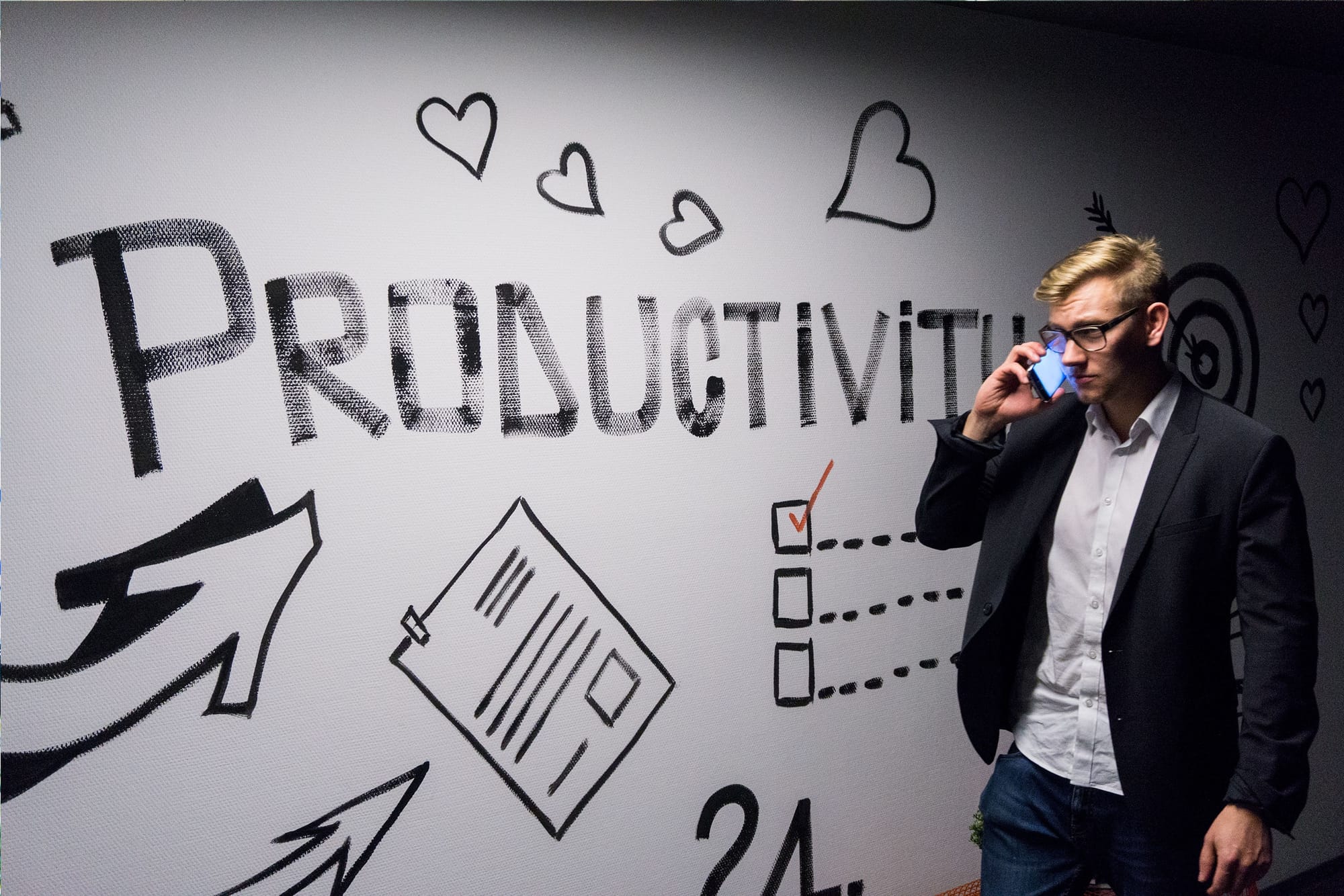The Surprising Impact of Sugary Treats on Employee Productivity

The Slippery Slope of Sweet Indulgences: A Candy-Coated Tale of Productivity
It all started with a box of chocolates. The administrative assistant, Sarah, at a bustling tech startup, had received it as a gift from a satisfied client. She placed the glossy box in the middle of the office’s communal kitchen, not knowing she would soon spark an intense debate about sugar's role in workplace productivity. As colleagues dipped into the box, cheer spread, energy spiked, and everyone seemed to be walking a little quicker, talking a little more animatedly. However, as the week progressed, the same employees who had delighted in the sugary treats began showing signs of fatigue and irritability once the initial sugar high wore off.
This sequence of events, unbeknownst to them, triggered a broader conversation among the management about the impact of snacks provided in the workplace. While the immediate boost to morale was undeniable, it was the sugar crash that followed—the mid-afternoon slumps and decreased focus—that painted a more complex picture of sugary treats and employee productivity.
Sugar's Role in Cognitive Function and Workplace Productivity
Decades of research have suggested that short-term consumption of sugar can boost brain function by providing a quick source of energy. However, this is merely a brief snapshot of the more sweeping effects sweets can have on performance. The brain operates optimally with a steady blood glucose level. When employees consume sugary treats, they experience a spike in blood sugar levels followed by a steep drop, leading to fluctuating energy levels throughout the day.
The impact of these swings can be substantial in a workplace setting. For instance, a study published in the Journal of Physiology and Behavior found that while participants who consumed a sugary drink showed enhanced performance on a task due to improved attention, they suffered from reduced cognitive function once the initial surge wore off. This reaction can lead to decreased attention spans, poorer memory, slower speed of processing information, and diminished problem-solving abilities, all of which can detract from productivity and efficiency on the job.
The Psychological Effects of Sugary Snacks
Beyond the biochemical ups and downs, there is also a psychological component to consuming sugary treats. Initially, sweets can trigger the release of chemicals like dopamine, the so-called "feel-good" hormone, which offers a temporary feeling of happiness and satisfaction. This sensation can lead to increased motivation and a temporary improvement in mood, seemingly beneficial traits in any employee. However, reliance on sugar to prompt these feelings can develop into a cycle of highs and lows that may ultimately hinder overall performance.
A closer look at the psychological impacts shows that while eating sugar can lead to short-term improvements in mood and perceived energy, these are often followed by bouts of irritability and fatigue. A 2019 study in the journal Medical Hypotheses suggested that the repeated fluctuations in blood sugar and neurotransmitter levels could even contribute to anxiety and depression, conditions that are closely linked with decreased productivity at work.
Long-Term Health Implications of Regular Sugar Intake
The effects of sugar are not limited to immediate cognitive and psychological changes. Regular intake of high-sugar snacks can have more far-reaching implications for employee health and, by extension, their work performance. Conditions such as type 2 diabetes, obesity, and cardiovascular diseases can all be linked to diets high in sugar, which not only affect an individual's long-term health but also result in higher absenteeism and higher healthcare costs for employers.
Further complicating the issue is that sugary snacks are often accompanied by other unhealthy lifestyle choices, such as high-fat diets and insufficient physical activity, exacerbating health risks. This broader perspective shows that the stakes of snacking habits extend beyond the afternoon slump, challenging employers to consider the long-term impact of their office snack offerings.
Striking the Right Balance: Healthy Alternatives and Policies
In response to the growing awareness of sugar's impact on employee productivity and health, many companies have begun to rethink their office snack policies. Opting for healthier alternatives—like fruits, nuts, yogurt, and whole grain snacks—can help stabilize blood sugar levels, leading to more sustained energy and concentration throughout the day. Some workplaces have taken this initiative further by integrating holistic wellness programs that encourage overall healthy living, from nutrition seminars to fitness challenges.
Introducing these options does more than just combat the negative effects of sugar; it contributes to a culture of health and wellness that can improve overall employee morale and productivity. Furthermore, companies that offer balanced dietary options are often seen as more attractive to current and prospective employees, adding to their competitive edge in the job market.
Conclusion: A Sweet Spot for Productivity
Returning to the bustling tech startup, the shift was gradual but clear. Sarah noted fewer post-lunch energy crashes and an overall increase in steady productivity levels after the office made the switch to healthier snacks. The saga of the chocolate box had sparked a necessary conversation, leading to a sweet resolution that supported not just immediate gratification but sustained health and performance.
Ultimately, while the occasional sugary treat can bring short-term joy and perhaps even a burst of energy, the long-term effects on cognitive function, psychological health, and overall well-being make a compelling case for moderation and mindfulness in snack choices. By carefully selecting the fuels they provide, employers can significantly influence not just the health of their employees but their day-to-day—and long-term—productivity and success.
Written by Katherine Mora – A high performer who believes in balance, hustle, and making work (and life) better.


